Excerpt of Spencer Vigil’s “Courage of Conviction”
Transgender alum addresses the Board of Trustees about his own personal experiences of discrimination at SPU
February 20, 2021

The following is an excerpt of an address that was written and submitted to be read at the Board of Trustees meeting that was attended by ASSP President Jose Flores. Any edits were made for clarity and formatting.
I attended Seattle Pacific University from 2015 to 2019 where I graduated with my B.A. in English with Concentrations on Creative Writing and Poetry. Along with studying English, I also took rigorous courses in Political Science, History, and Theater. Throughout my four years at SPU, I struggled vigorously with my faith and sexuality. In my winter quarter of 2019, I came out publicly as Transgender, slowly making changes to my appearance, name, and pronouns.
Throughout that time, I was discriminated [against] and harassed on multiple occasions by students and faculty, often sacrificing my dignity in order to keep myself safe.
In spring of 2019, I had a particular incident with a faculty member with whom I trusted to share in my best interest. This Professor publicly humiliated me in front of the class asking about my new name and pronouns. When I affirmed their suspicion, they began laughing and said, “Well, I’m not going to call you that.” It was so shocking to the students within the class the TA had to stand up for me in an after-class discussion with the Faculty member. Throughout the rest of the quarter, this professor continually made being in class difficult and awkward at best, and toxic and harmful at worst.
Another situation that took place was in Feb. 2019. I auditioned to be in a student-directed musical that would take place during Spring Quarter 2019. During that time, I decided that if I was going to be in the show, I would need to portray the gender I identified with off-stage, on stage. This did not seem to be a problem for the department, and I gained plenty of communal support from students. As per request, there was a meeting that occurred with the head of the department in which I was given a document that was for ‘My and the departments protection’ stating that I was knowingly breaking lifestyle expectations and was aware of a list of consequences that could be taken against me should the head of lifestyle expectations find out; stating I could lose scholarships, not graduate on time, or be kicked out of the University altogether.
At the time of signing this document, I thought this was regular procedure because of the information I was given. I really wanted to be a part of this community though and felt there was no other way. After graduation, I had a difficult time processing this and would look to my friends for strength and clarification. I was so emotionally devastated, retrospectively, that I had trouble sleeping for months. I wrestled with the complexities of the situation for over a year.
In 2020 the incident was brought up in a November listening session by my friend (and current student) who was concerned about this. Come to find out no one else on faculty/staff had heard about it or even identified this paper as “procedural.” This concerned many new and old faculty members alike. The student director of the project also was not informed of this 2019 meeting when they had to have weekly updates with this department head about the cast and show details.
In 2020, I was invited to a meeting between my friend (current student) and the new head of the department. I was only in this meeting for eleven of the thirty-minute zoom slot. I was told there would be an investigation on the incident and action would be taken and I would be contacted as more information became available. The student was then reprimanded separately for the remainder of the meeting for coming forward with the problem. This was the last time I was contacted by the head of the department.
Since my last correspondence, the department has made two separate statements regarding the incident, both of which I was neither included in nor contacted about by anyone on faculty. I believe I was not only discriminated against, but that staff and faculty did not have proper communication or education to support LGBTQ+ students then or now.
Unfortunately, these are not the only incidents I have had to overcome while paying for an education. I have had students push me out of bathrooms due to my gender expression, I’ve been called slurs, and many other situations I had felt utterly alone in. It is also unfortunate that my personal stories and experiences are not the only experiences those from the LGBTQ+ community have had at this university. I also want to hold space for the fact that this is not everyone’s experience.
Response to the Provost:
The new Provost recently held a town hall [on Feb. ] to quell student and faculty concerns and give students the idea of the kind of influence she maintained within the scope of the University’s stance on the statement of human sexuality. “I think of myself as the leader of leaders” [Dr. Laura Hartley] boastfully proclaimed. She also commented on all students having the opportunity to succeed but because of the University’s “interpretation” and belief in “moral integrity” regarding the idealization between the Christian value of traditional marriage versus “marriages between homosexuals.” She finds it “challenging to wrestle with issues… but push ourselves to continue living with tension.”
While offering advice as to how she personally handles moments of hardship and diminishing the pain and experience of LGBTQ+ students without being able to invite them to the table, this call to lean into the experience of the community, I felt, was very late and a Hail Mary attempt to connect a trust that has been already broken. Then, after boasting of her power and responsibility, [Hartley] admits she has no real say in what the Board of Trustees decides and what it means to move forward with the school’s mission statement in an “equitable way”.
I’d like to hold this Provost accountable with love and rigor when educating them on LGBTQ+ issues. Personally, I am not thrilled when cis, white people tell minorities what they deem as “challenging” because of concepts one is unwilling or unable to grasp that are connected to the oppression of others.
When the fact remains, the University want their students to succeed? All students? Inclusion does not equate to an institution being equitable. That takes work, that takes accountability. The whole meeting seemed to skirt accountability altogether by deeming that we can decide to disagree on issues like this when those in power get to decide and choose what happens to the communities they continually oppress. That does not sound very Christian to me.
I think the University has the moral obligation to do what is right for all students and all faculty. With so much to gain and so little to lose while meeting basic needs. It can prove to be very costly both financially and strategically for them to deny their current students who are BIPOC and LGBTQ+ by choosing not to use the best possible resources to allow them the chance to meet the University’s mission statement with lesser obstacles to a more equitable education: that starts with hiring faculty who share and hold knowledge in our experience. These are basic rights to an equal and equitable education rooted in Christ alone. I was reminded of this in [Ethical Ambition] written by activist Derrick Bell JD. Ph.D. where he discusses ethical ambition in the lens of Christianity, he quotes Alice Walker who says, “All we have to do in life is save our souls.”
I believe Seattle Pacific University has a unique opportunity to save theirs by meeting the basic rights of all their students and faculty by releasing themselves from archaic and harmful practices not even directly tied to biblical theology but interpreted on a textual premise by white Anglo-Americans.

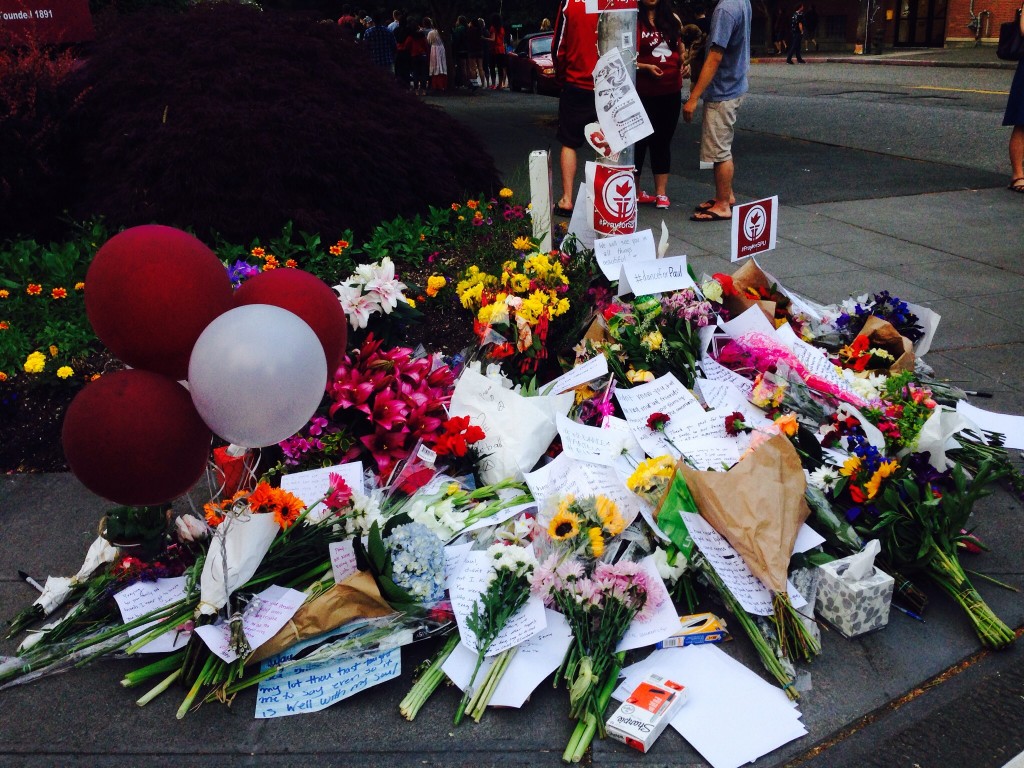

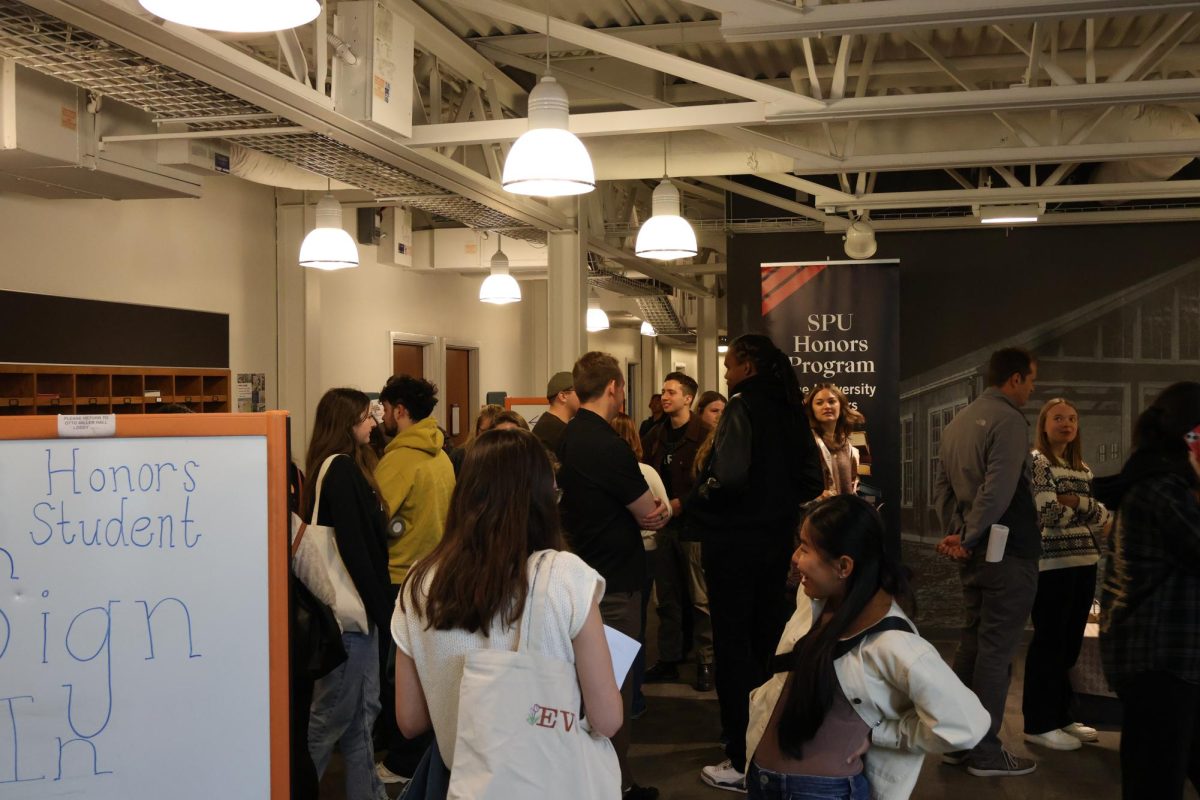
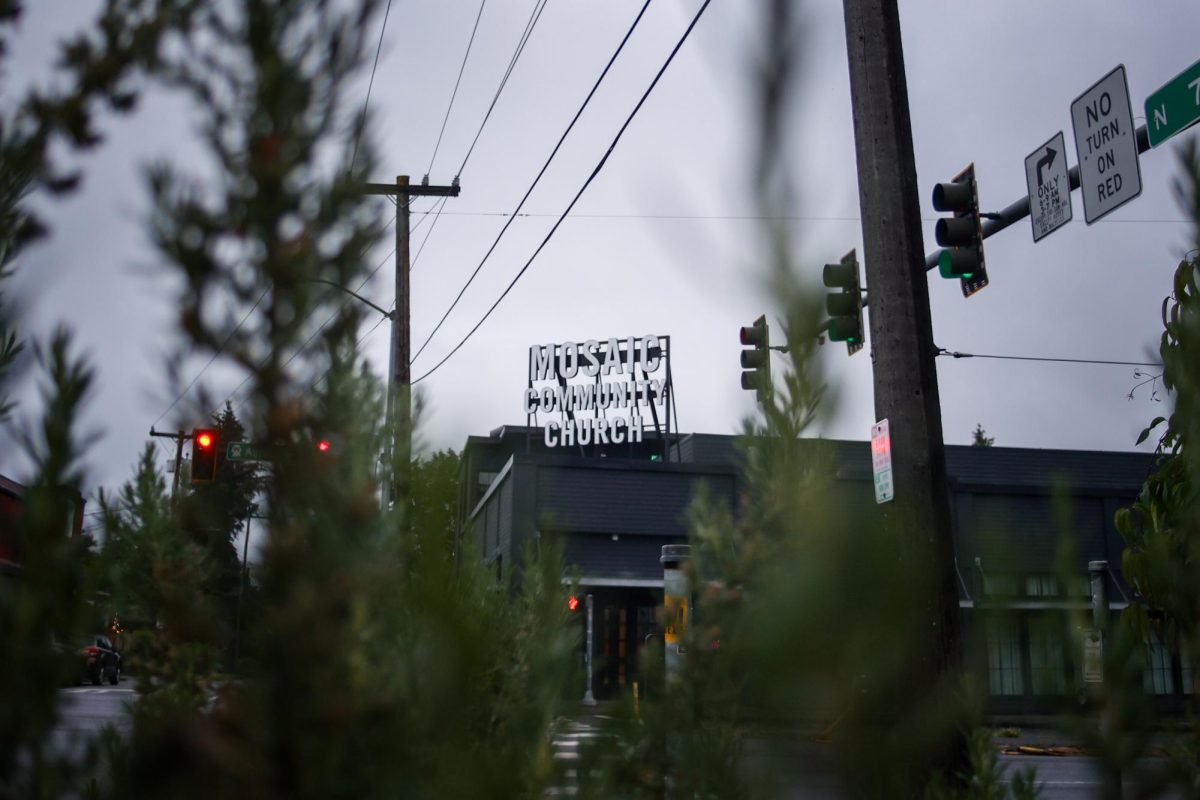
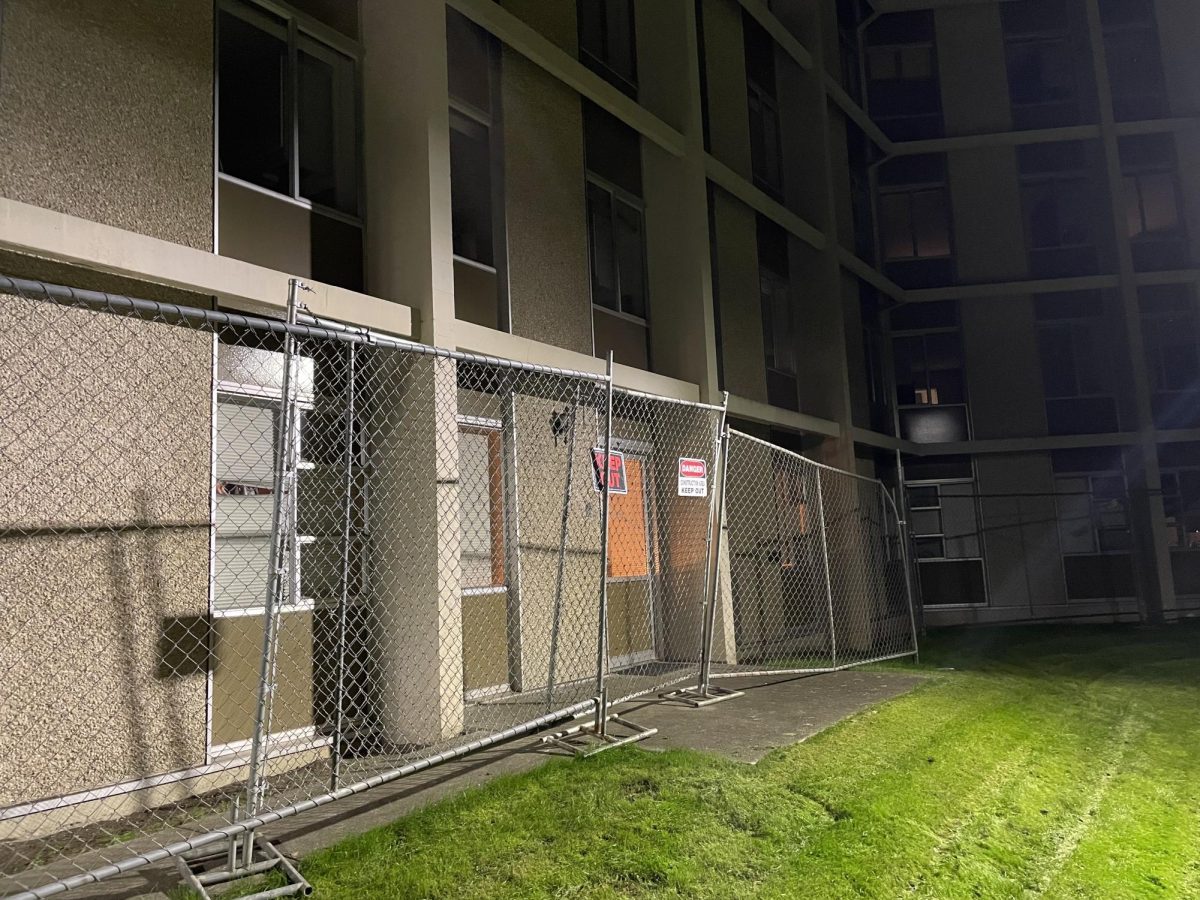









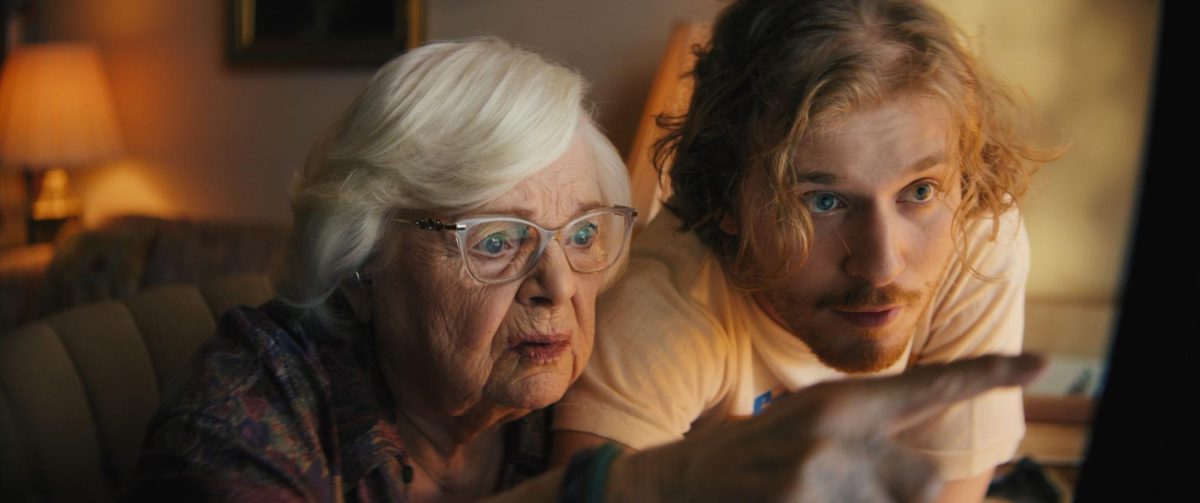
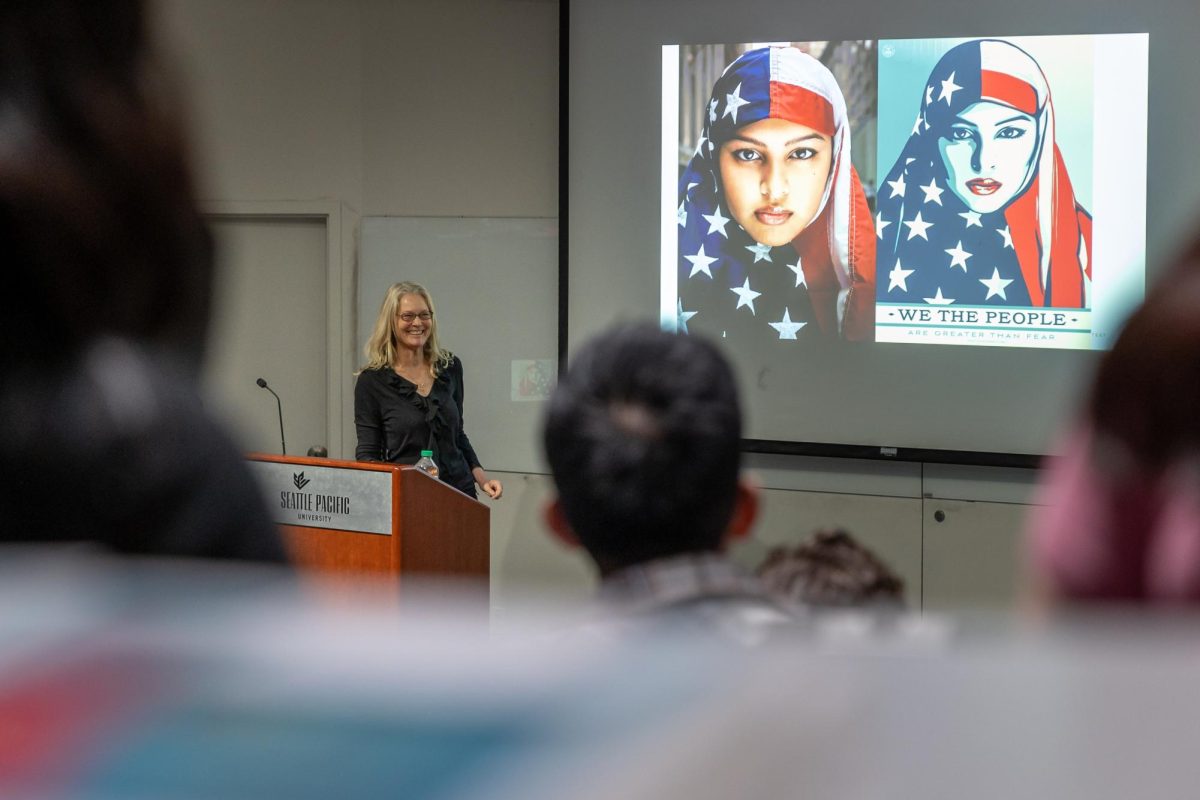


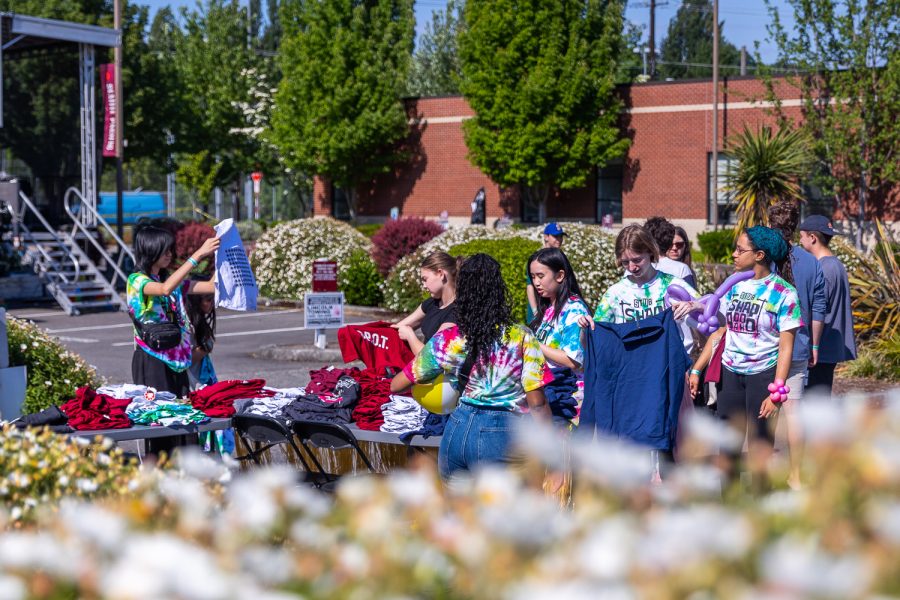
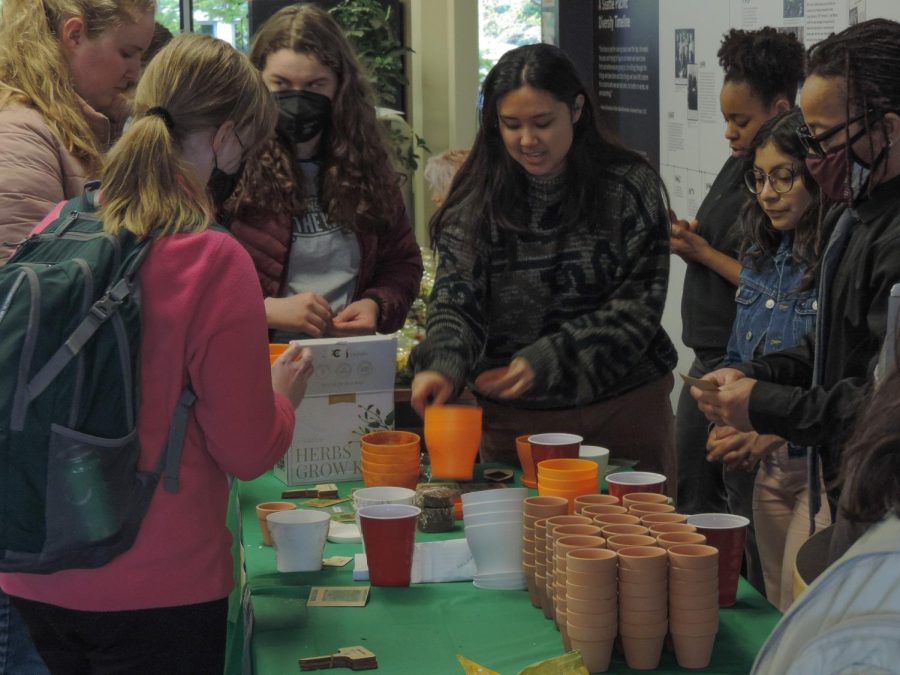

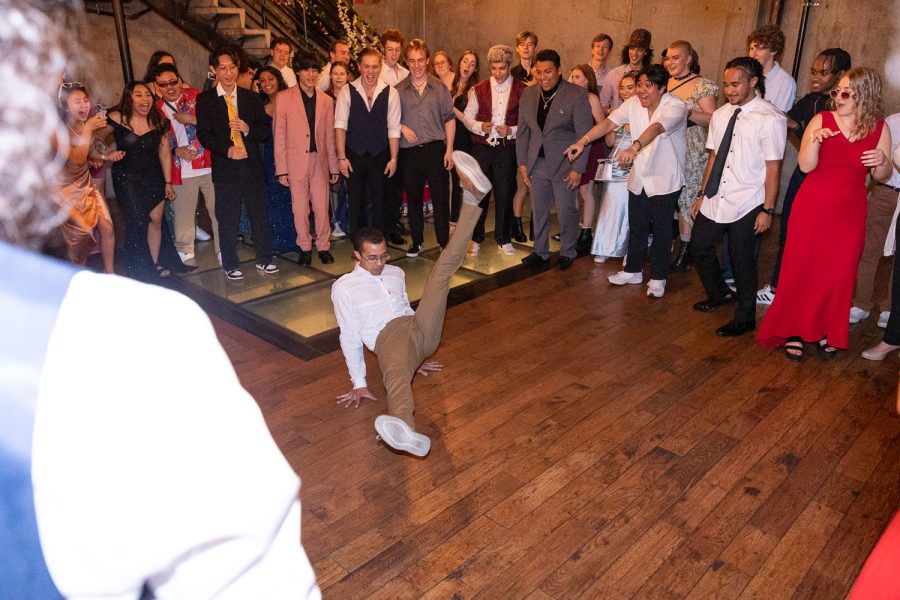











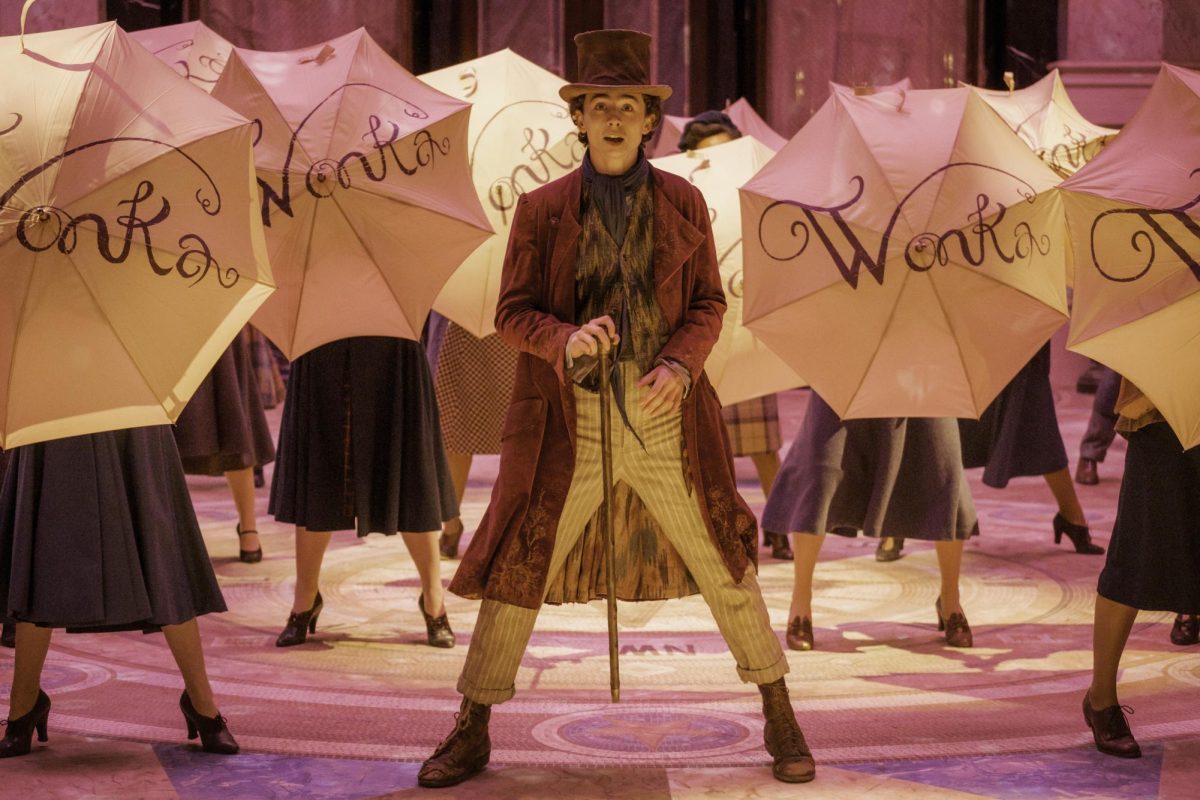




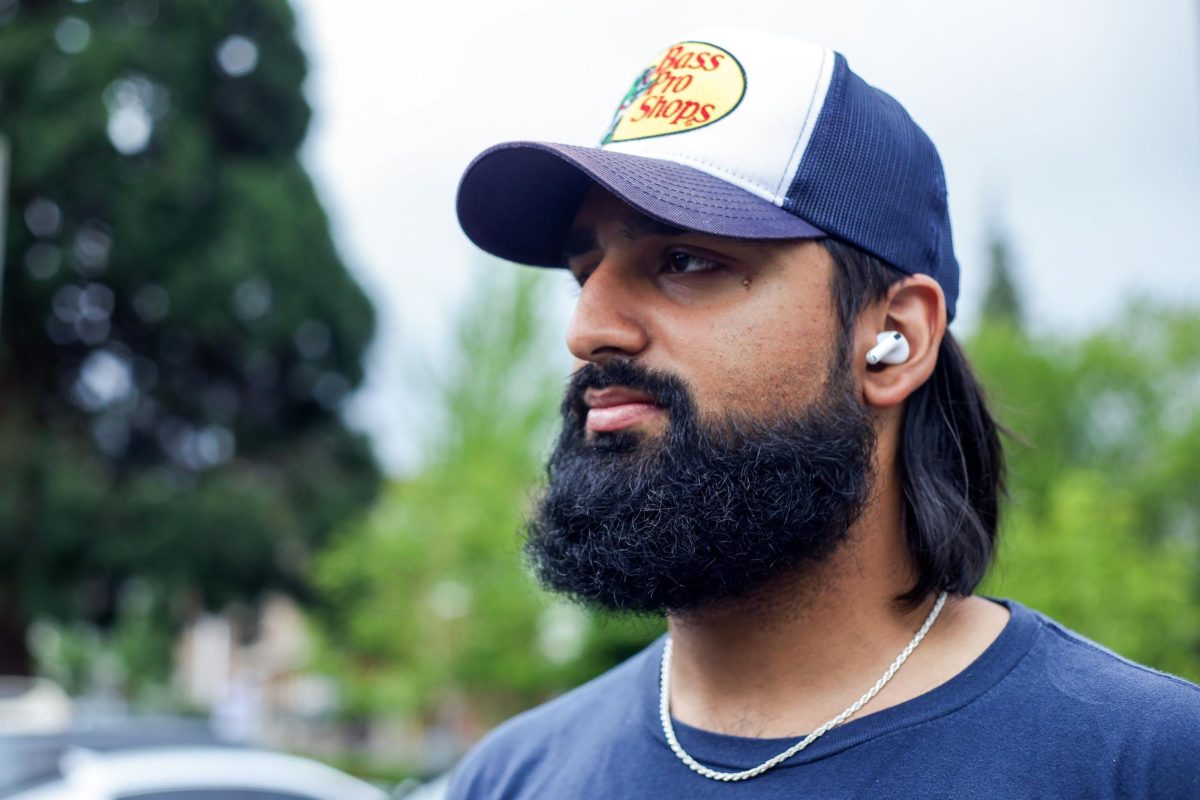
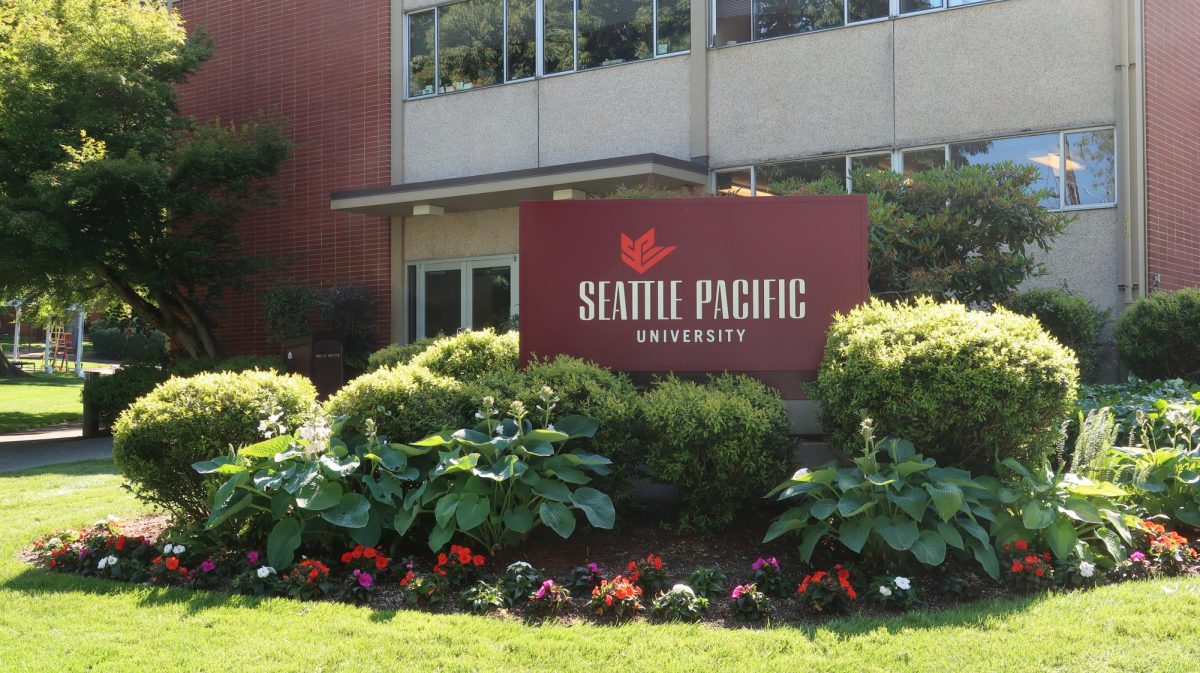
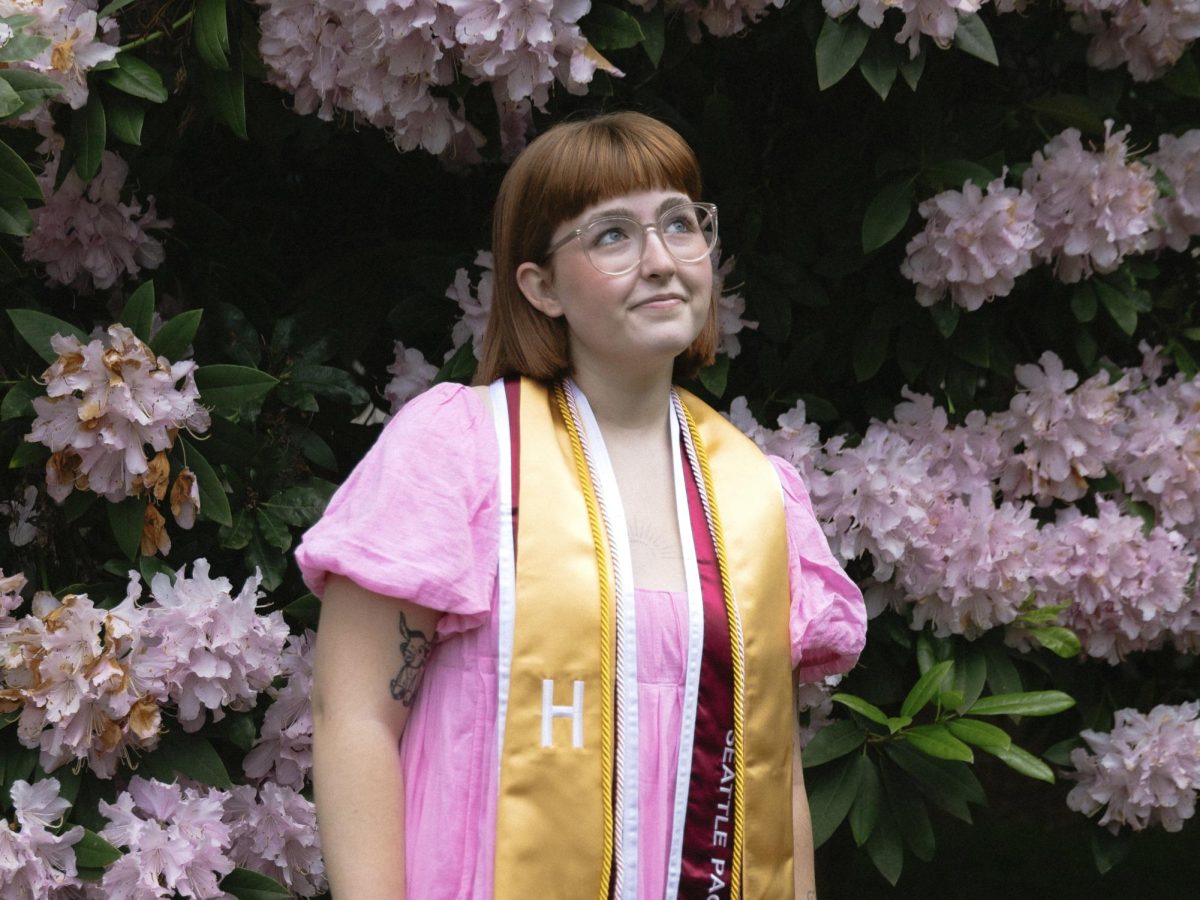

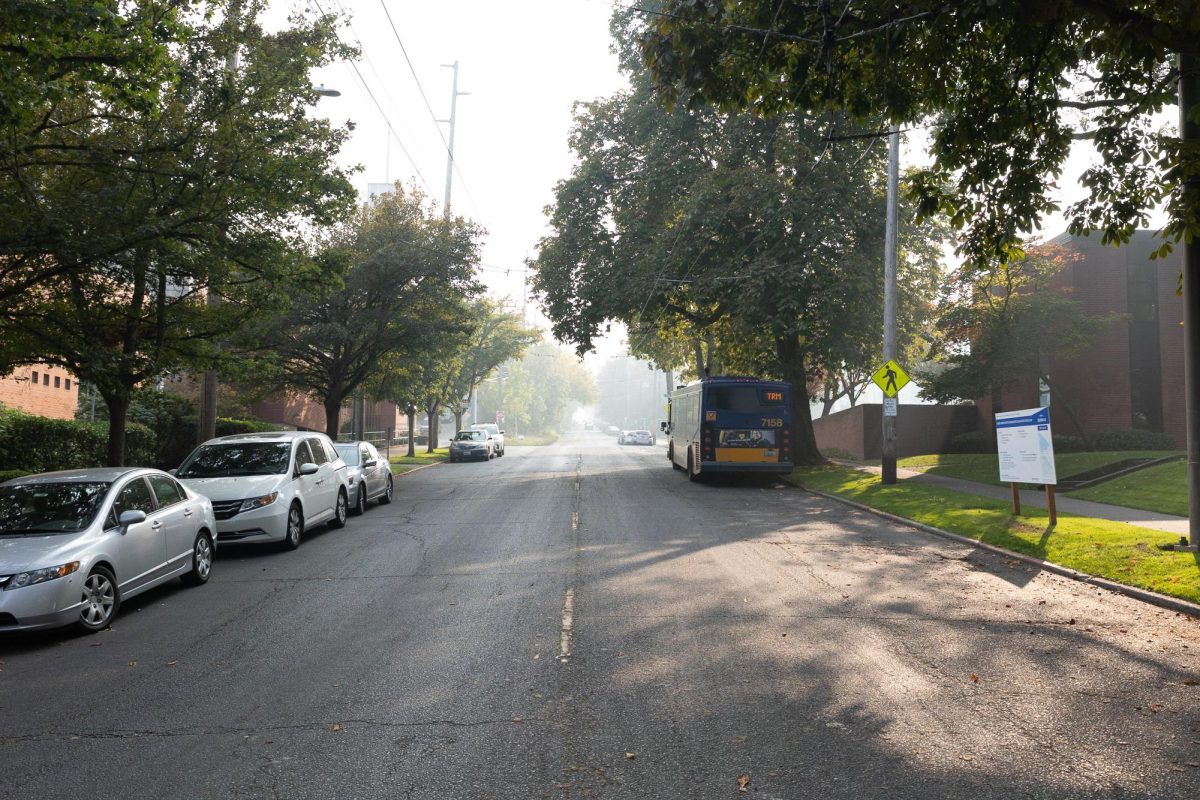



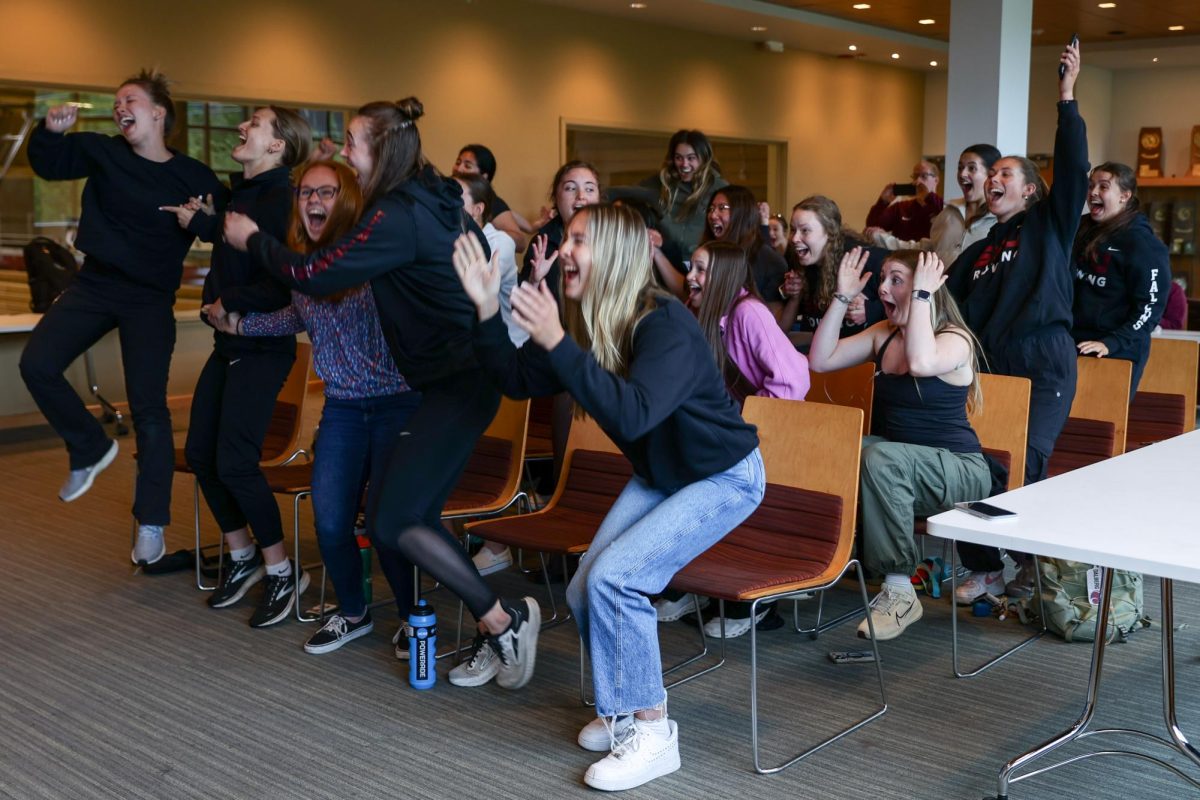
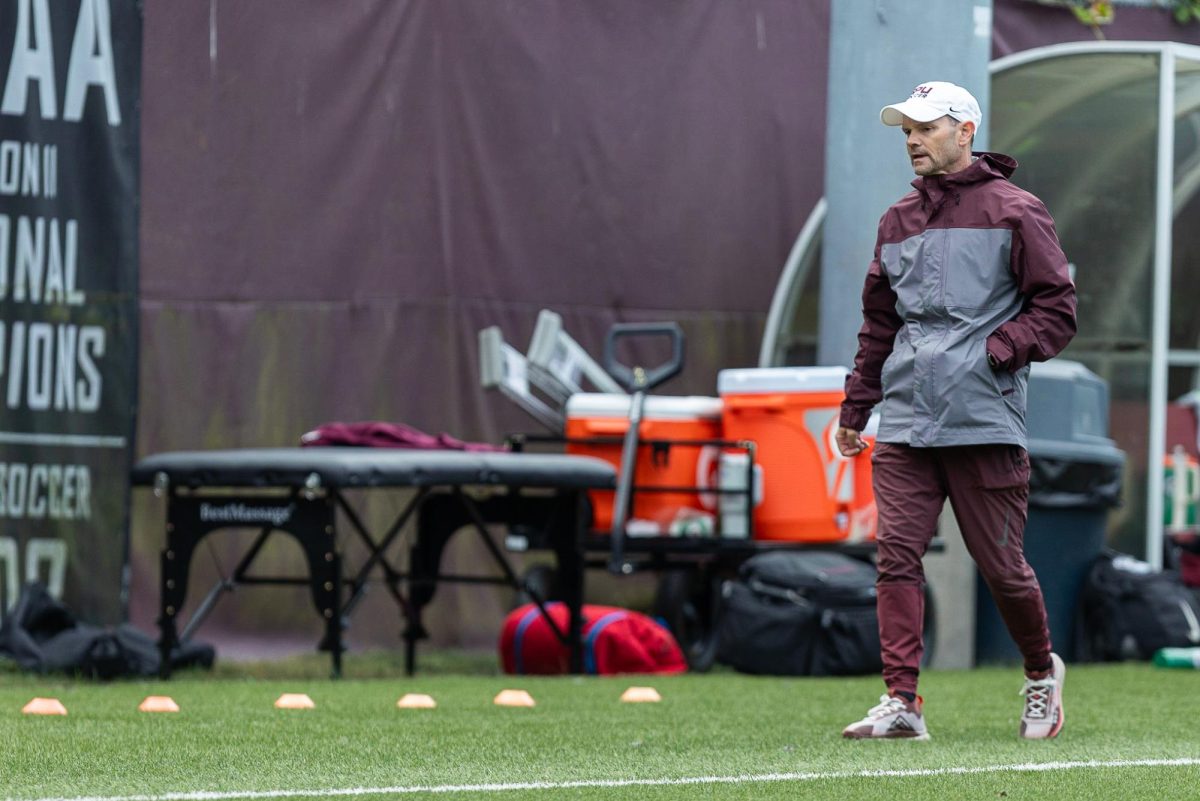
































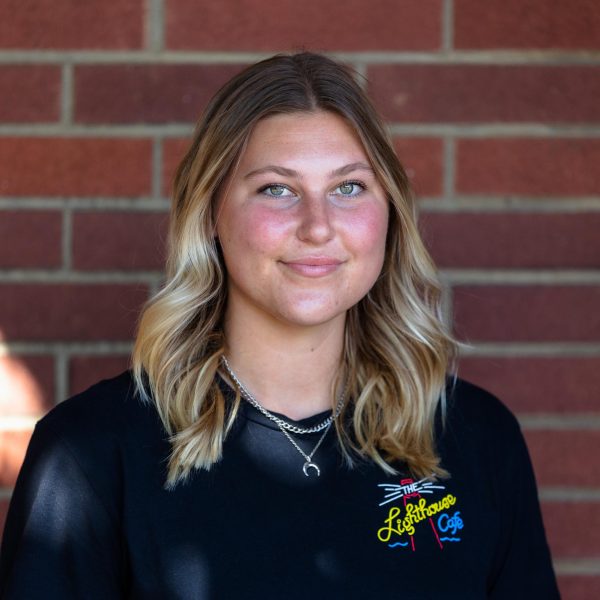

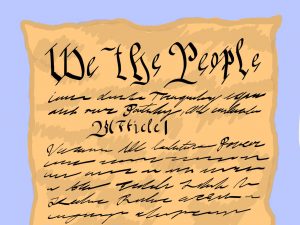

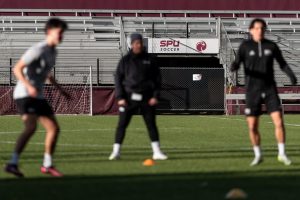
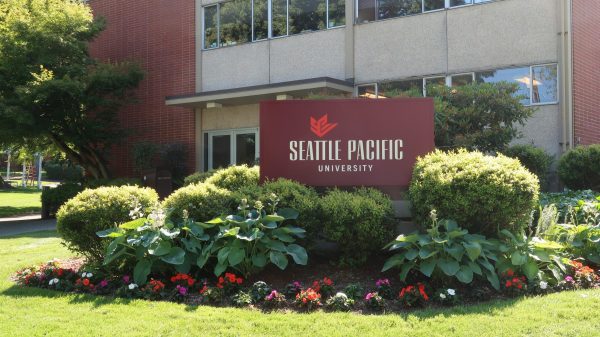
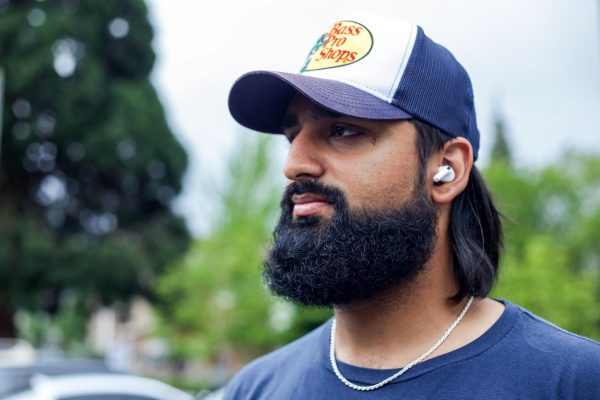


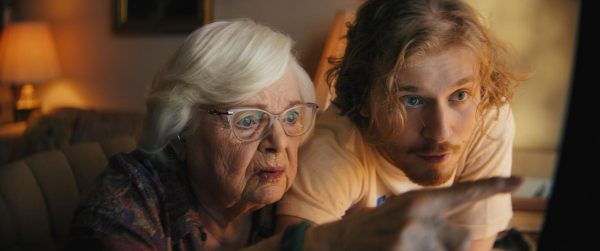
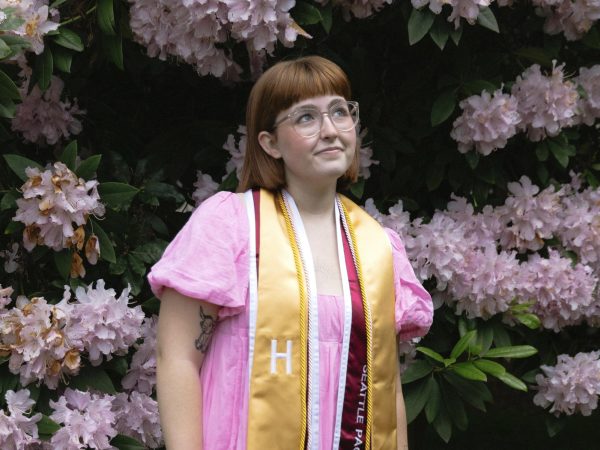
![Queer joy at SPU’s [Redacted] Fest](https://thefalcon.seapacmedia.com/wp-content/uploads/2024/05/04_14_23_9999_1-600x400.jpg)
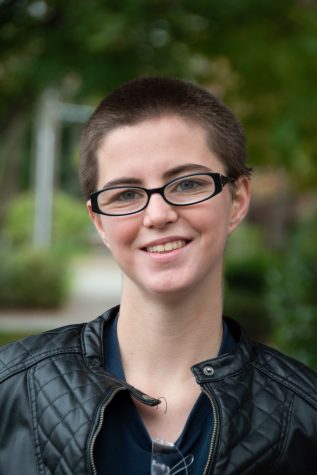


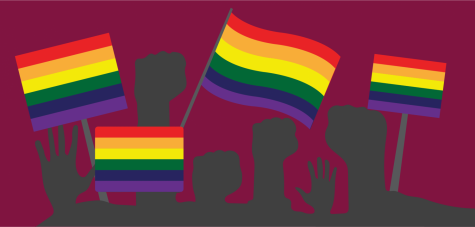
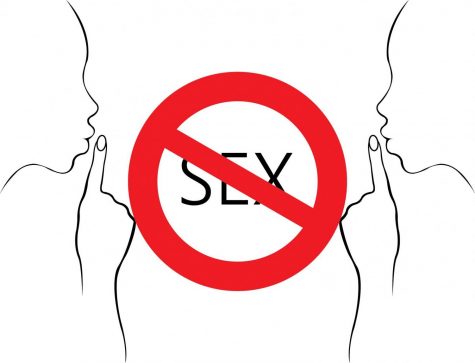
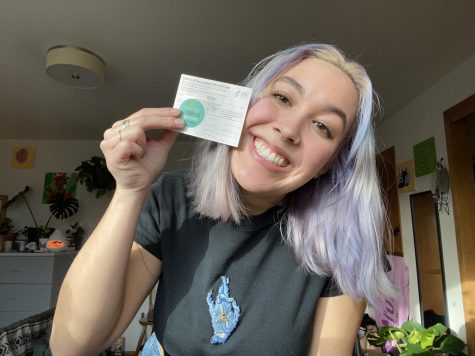




Spencer Vigil • Feb 22, 2021 at 9:33 am
Link to full article: https://drive.google.com/file/d/1mcl5o9IrgZhUoRa-QCrZ5mgbEBxF2hOB/view